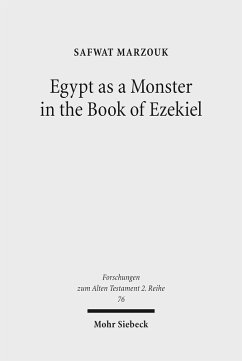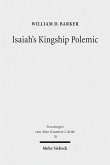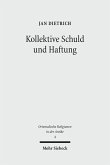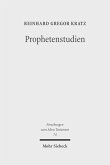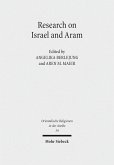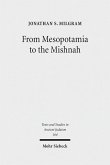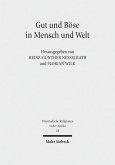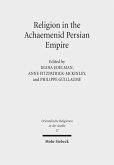Appealing to Monster Theory and the ancient Near Eastern motif of 'Chaoskampf,' Safwat Marzouk argues that the paradoxical character of the category of the monster is what prompts the portrayal of Egypt as a monster in the book of Ezekiel. While on the surface the monster seems to embody utter difference, underlying its otherness there is a disturbing sameness. Though the monster may be defeated and its body dismembered, it is never completely annihilated. Egypt is portrayed as a monster in the book of Ezekiel because Egypt represents the threat of religious assimilation. Although initially the monstrosity of Egypt is constructed because of the shared elements of identity between Egypt and Israel, the prophet flips this imagery of monster in order to embody Egypt as a monstrous Other. In a combat myth, YHWH defeats the monster and dismembers its body. Despite its near annihilation, Egypt, in Ezekiel's rhetoric, is not entirely obliterated. Rather, it is kept at bay, hovering at the periphery, questioning Israel's identity. Born 1978; PhD in Biblical Studies at Princeton Theological Seminary; ordained Presbyterian pastor with the Synod of the Nile and assistant professor of OT/HB at the Anabaptist Mennonite Biblical Seminary, Elkhart Indiana.
Dieser Download kann aus rechtlichen Gründen nur mit Rechnungsadresse in A, B, BG, CY, CZ, D, DK, EW, E, FIN, F, GR, HR, H, IRL, I, LT, L, LR, M, NL, PL, P, R, S, SLO, SK ausgeliefert werden.

